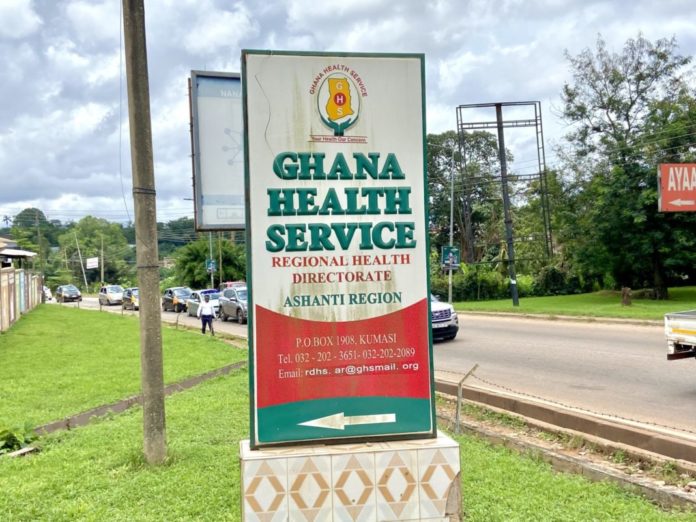The Ashanti Regional Health Directorate of the Ghana Health Service has intensified its efforts to raise awareness about meningitis, a life-threatening infection that can affect anyone at any time.

The initiative aims to educate the public on the dangers of the disease and encourage preventive measures to reduce its impact.
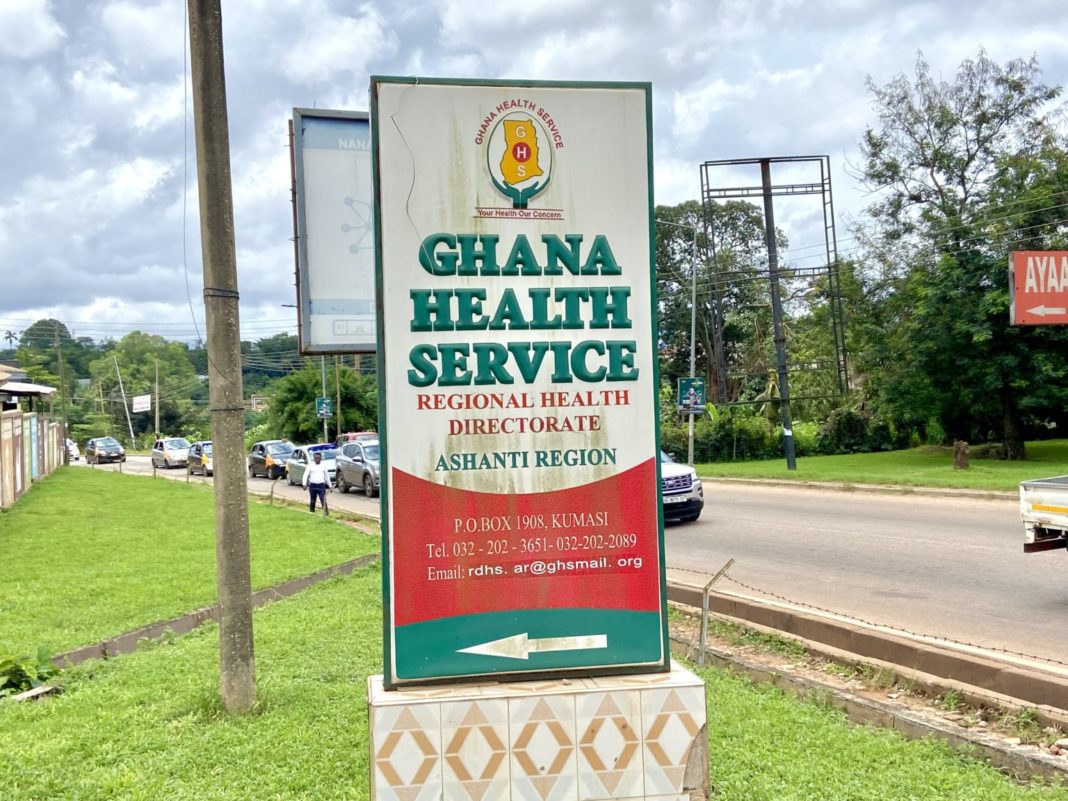
Meningitis remains a global health concern, with over 2.5 million cases recorded annually. The disease claims the lives of one in ten infected individuals, with nearly half of these fatalities being children under five years old. Survivors often suffer long-term complications such as hearing loss, brain damage, limb loss, and epilepsy.
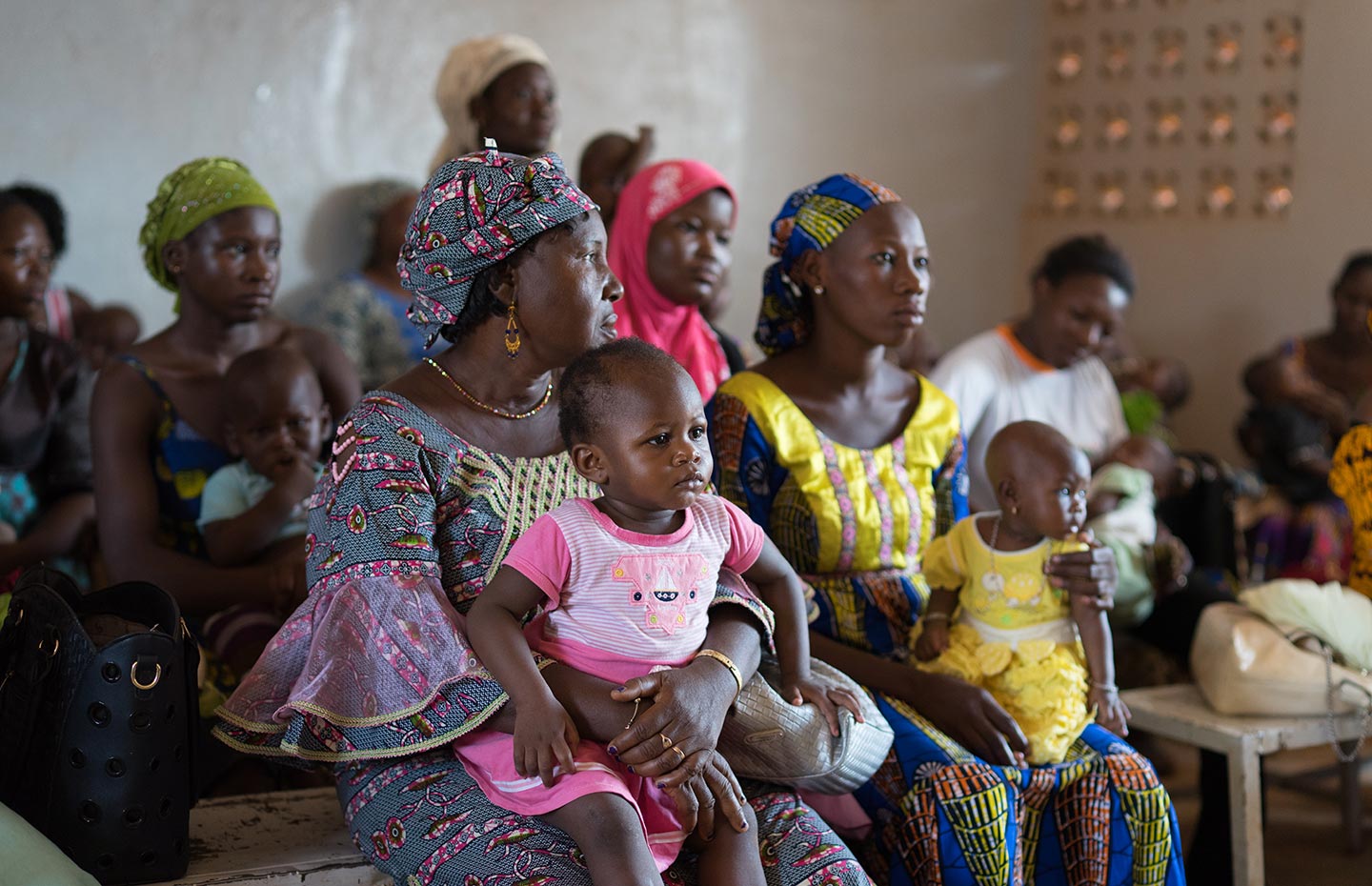
Speaking to the press, the Ashanti Regional Health Director, Dr Fred Adomako Boateng, revealed that the region has recorded cases of meningitis over the years.
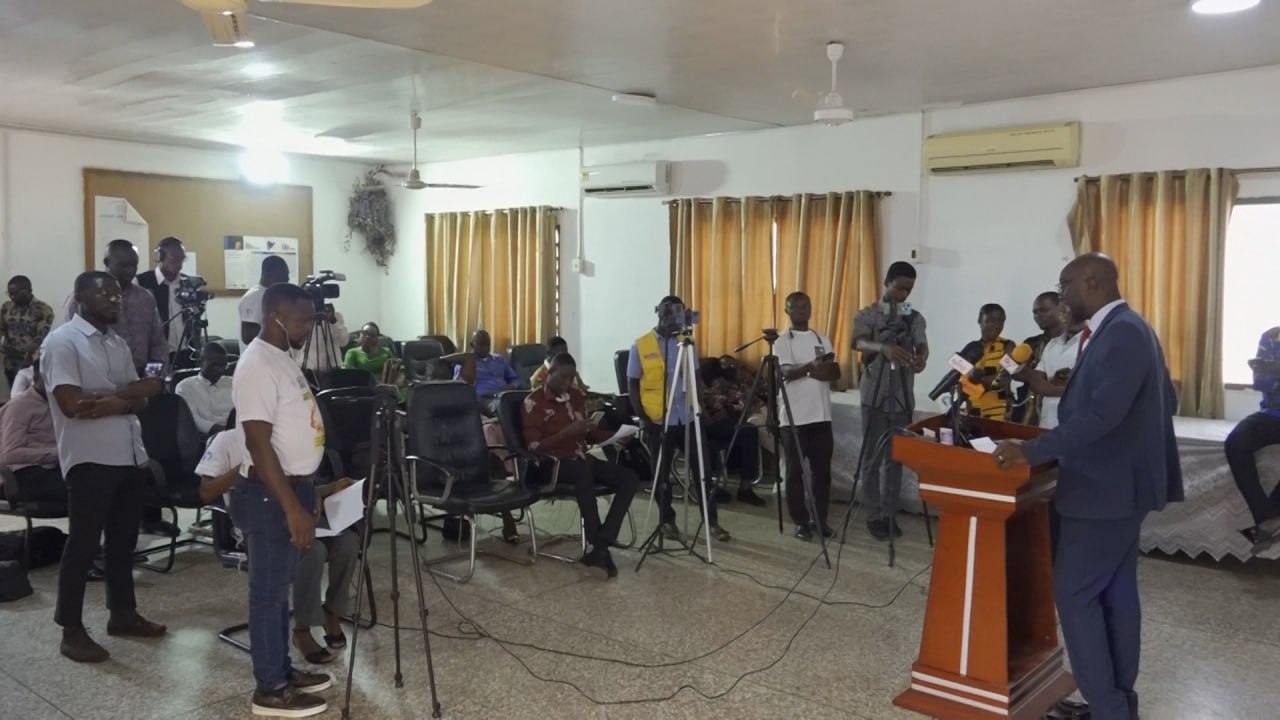
He provided a breakdown of reported cases, stating, “For 2022, the region recorded 20 cases with no deaths. In 2023, there were 18 cases with one death. In 2024, the number increased to 42 cases with one death, but in 2025, we have not recorded any cases so far.”
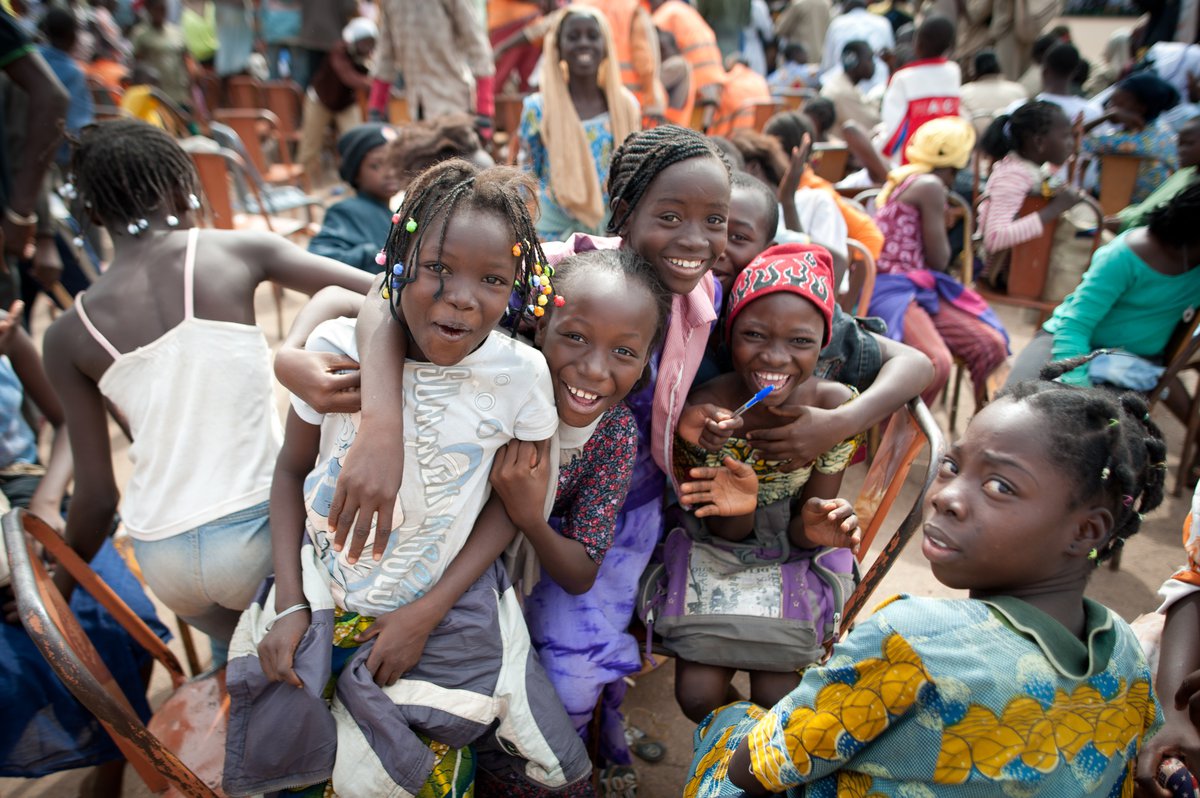
Dr Boateng cautioned the public to remain vigilant, as meningitis symptoms often resemble those of other diseases, making early detection challenging.
He noted, “People should be very careful because its signs and symptoms are very similar to other diseases.”

Highlighting key risk factors, he explained that climatic conditions, the transmission of virulent strains, and overcrowding contribute significantly to the spread of meningitis.
He advised that individuals experiencing prolonged fever should seek further medical examination beyond malaria testing. “If the malaria test or fever test for malaria is negative, the person should look for a different cause of the fever, especially in this season,” he stressed.

Meanwhile, the Upper West Region has experienced a meningitis outbreak, recording 42 cases and 10 deaths.
The health authorities continue to urge the public to take necessary precautions, including vaccination, early medical attention, and improved hygiene practices, to curb the spread of the disease.
Nana Yaw Owusu/Ashanti Region.


